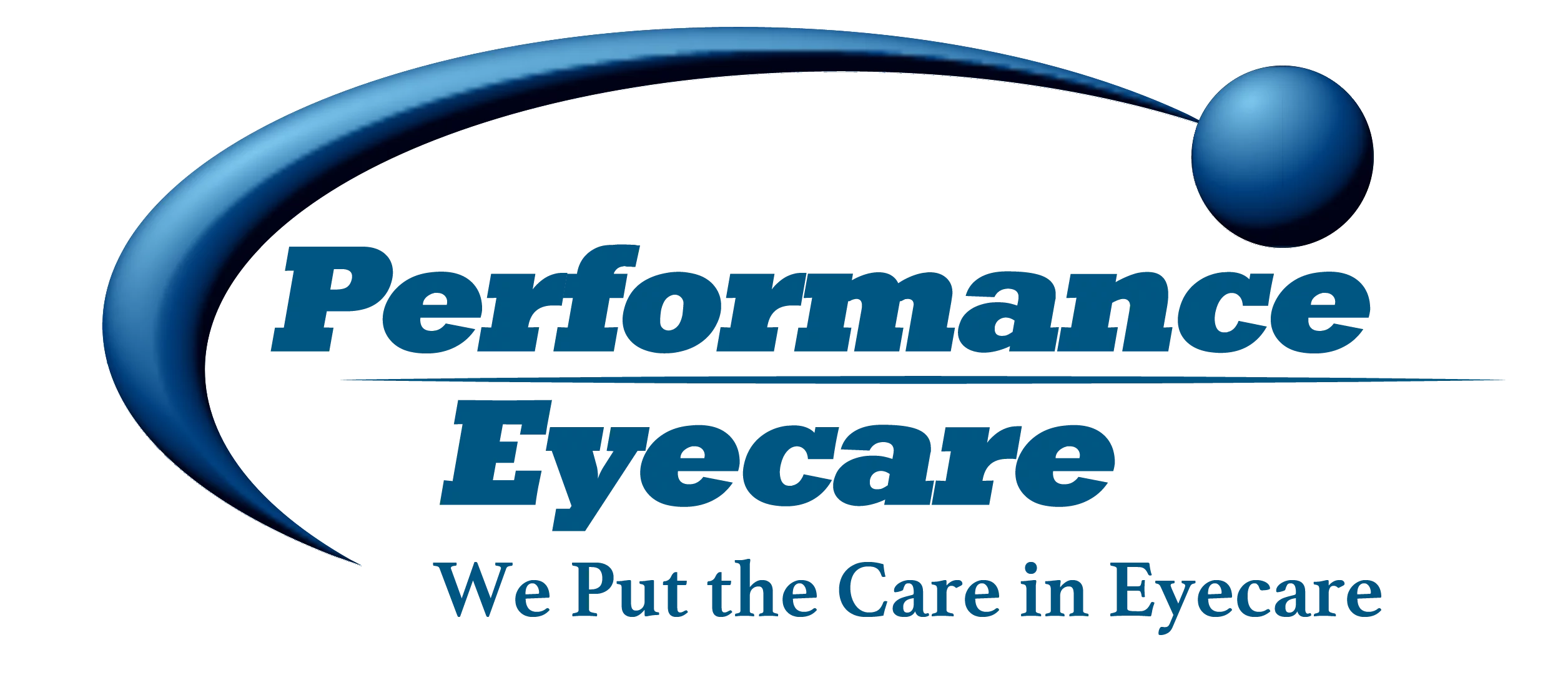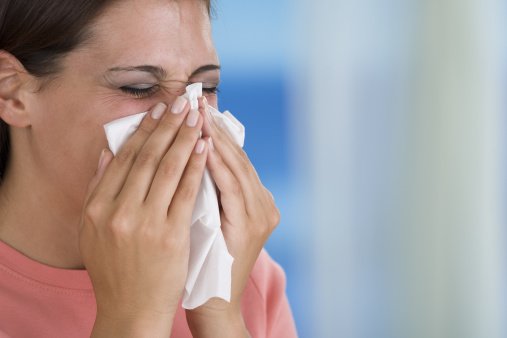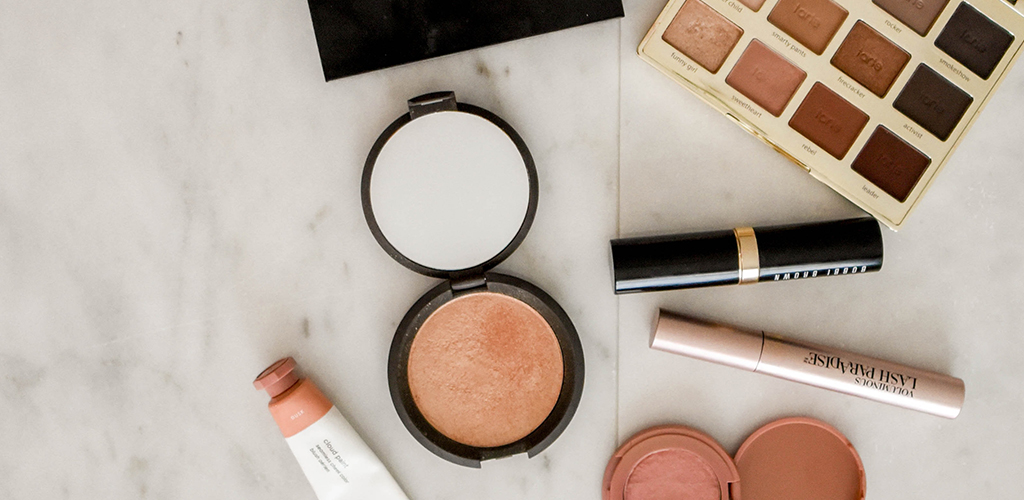Winter weather could irritate your eyes
The bright sun reflecting off the white snow isn’t the only eye hazard you should be worried about this winter. Other hazards that could irritate your eyes are the cold winds and dry air. As noted by Osteopathic.org, harsh weather conditions can make eyes constantly dry and irritated, especially for those who wear contact lenses. … Read more


